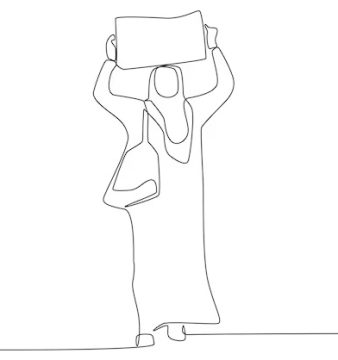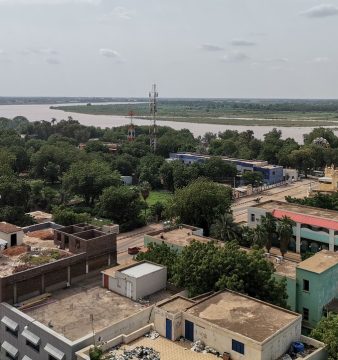SAMA: Localisation of Humanitarian Relief
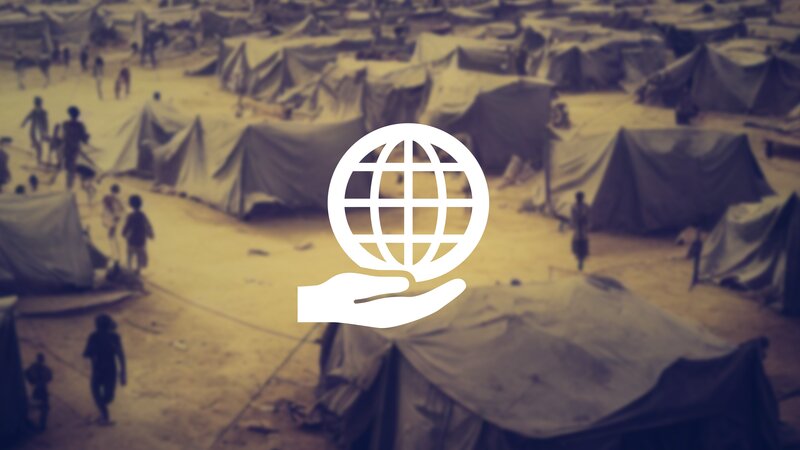
Localisation of humanitarian relief focuses on involving local communities in the response to humanitarian crises. This recognises their intimate knowledge and proximity to affected people. The Sudanese American Medical Association (SAMA), a nonprofit organisation founded in the United States in 2008, and later established an office with staff in Sudan in 2018, leveraged this principle in its humanitarian crisis intervention. After the war broke out in Sudan on 15 April 2023, like many other nonprofit organisations, SAMA’s office in Khartoum was no longer operational. The organisation shifted its focus from direct implementation of projects to delegating implementation to vetted local community partners. This model funded 14 organisations to serve those in need in six states: Khartoum, Gezira, White Nile, River Nile, Sennar, and Northern State.
Compared to regular humanitarian relief, where external organisations (often international organisations and UN agencies) directly provide aid, localisation of humanitarian relief leads to a faster response, is more acceptable to the local community, and to some extent, more immune to barriers set by warring armed factions. Furthermore, localisation of humanitarian relief may lead to less long-term dependency on foreign aid, which may speed up recovery.
The war in Sudan has caused immense suffering, which displaced more than 7 million people, over 5.42 million of whom have sought safety within Sudan and over 1.45 million have fled to neighbouring countries, according to IOM Sudan. The lack of humanitarian corridors has limited the work of international organisations. On 13 December 2023, the World Food Programme (WFP) reported that food security in Sudan has reached critical levels and that it has limited access to parts of Sudan that were most in need. Given such challenges, the local community organisations are the only hope for humanitarian relief.
When the Rapid Support Forces (RSF) attacked Wad Medani on 17 December 2023, SAMA leveraged its localisation humanitarian relief model to rapidly provide meals for over 15,000 internally displaced persons across 50 gathering sites. This was done through its implementing partners, which are local nonprofit organisations such as We’re All Values in Kosti, and the Emergency Response Room or Sennar Beytna in Sennar. Local partners have uninterrupted access to the displaced persons, and provide regular reports and updates about the situation on the ground. This agility enabled SAMA to make quick decisions that adapt to evolving circumstances.
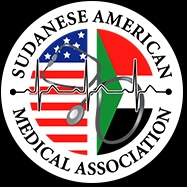
SAMA’s strategy in the localisation of humanitarian relief strengthens local actors and reduces dependence on external aid. If sustainably funded, this approach can complement the work of international organisations.
Established in 2008, SAMA is an educational and humanitarian nonprofit organisation made up of medical professionals of Sudanese descent based in the US. SAMA works actively to promote the health and well-being of both the Sudanese Diaspora community and families living in Sudan by delivering medical services, education, training and capacity building.
For more information, visit sama-sd.org.
____________________________________________________________________________________________
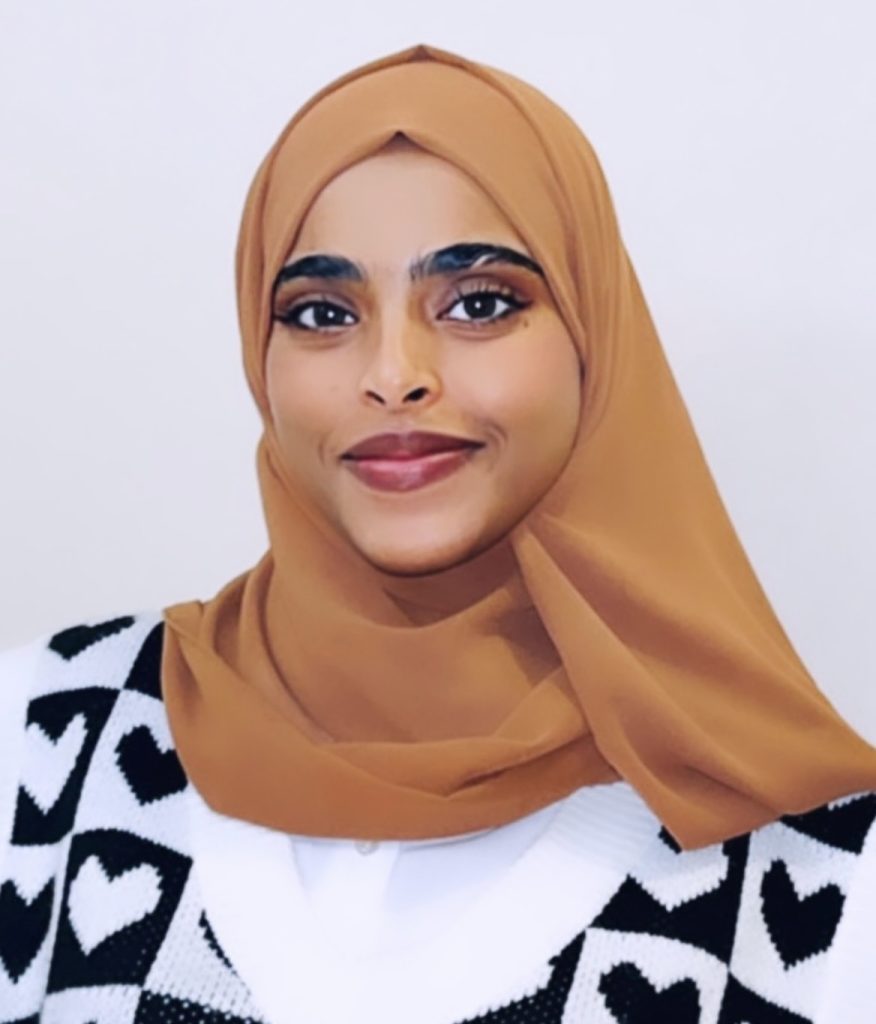
Sulwan Mustafa is a medical student at Ahfad University For Women (AUW) and is currently an intern at Sudanese American Medical Association (SAMA).

